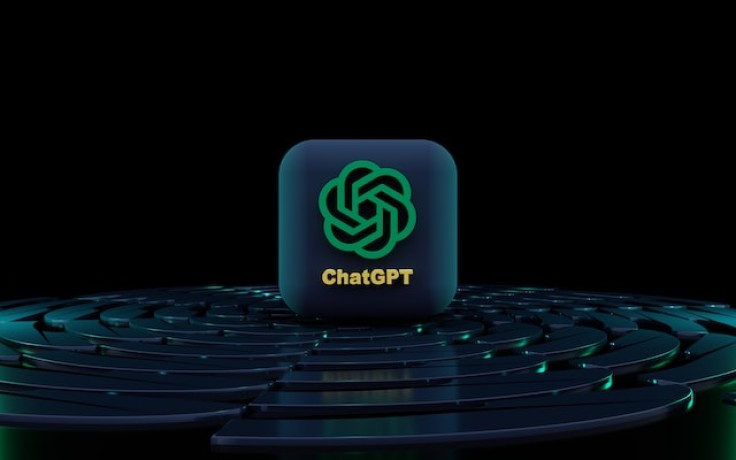
After three grueling years and consultations with 17 different medical specialists, Courtney, who wishes to remain anonymous for privacy reasons, finally found an unlikely ally that helped diagnose her son Alex's mysterious and chronic pain: an artificial intelligence platform called ChatGPT.
Courtney first noticed Alex's pain symptoms shortly after setting up a bounce house during the COVID-19 lockdown for her two young children to play in. "He was always in pain, and our nanny even had to give him Motrin daily to avoid his massive meltdowns," Courtney told TODAY.com. From toothaches to extreme mood swings, Alex's myriad symptoms puzzled his family and a slew of medical professionals.
Doctors and therapists ran the gamut of diagnostics: X-rays, MRIs, orthodontic treatments, neurological evaluations, and more. While each specialist offered a piece of the puzzle-an airway obstruction here, a molar issue there-none could see the bigger picture.
The Medical Intricacies of Tethered Cord Syndrome
"Nobody was willing to solve the greater problem. It felt like every doctor had a narrow focus on their area of expertise, and that was it," Courtney shared. They received a series of partial diagnoses and treatment plans, none of which successfully addressed Alex's ongoing issues. The family's frustration peaked when, despite their best efforts, they ended up in the emergency room with no definitive diagnosis in sight.
Having exhausted traditional medical channels, Courtney turned to ChatGPT, a conversational artificial intelligence platform. With meticulous care, she entered every symptom, doctor's note, and MRI report related to Alex's condition. To her amazement, ChatGPT suggested tethered cord syndrome, a relatively rare spinal condition. This AI-suggested diagnosis was later confirmed by a neurosurgeon who reviewed Alex's MRIs and immediately identified the syndrome.
Dr. Holly Gilmer, a pediatric neurosurgeon who treated Alex, explained that tethered cord syndrome is challenging to diagnose, especially in young children who cannot fully communicate their discomfort. The syndrome is caused by tissue abnormalities in the spinal cord, which lead to various symptoms such as pain, dragging a leg, and a delay in hitting milestones like walking or sitting up.
Read Also : Athlete Under Fire as ChatGPT Criticizes Use of Bot to Condense Tweet Supporting Women's Sports
Artificial Intelligence in Modern Healthcare
Experts see the case as a breakthrough in using AI for medical diagnoses. Andrew Beam, Ph.D., assistant professor of epidemiology at Harvard, says, "ChatGPT functions like a super high-powered medical search engine. While it has its limitations, it does not possess the same blind spots that human physicians might have, particularly in rare or complicated cases."
Still, Beam warns that AI can sometimes generate erroneous or misleading information, a phenomenon known as "hallucination" in machine learning. Therefore, while ChatGPT and similar platforms offer promising supplemental assistance, they cannot replace the nuanced expertise of medical professionals.
After years of unexplained pain and uncertainty, Alex underwent surgery to correct his tethered cord syndrome and is currently on the mend. His jubilant smiles and playful demeanor are returning, much to his family's relief.
Courtney hopes that sharing her harrowing journey will guide other parents who find themselves in similar situations, struggling for a diagnosis. "The medical system is intricate and at times deeply flawed," she says. "You have to dig deep and push hard to connect the dots yourself sometimes. Above all, never stop advocating for your child."
This family's story opens up a compelling discussion about the future of healthcare, the role of technology in medicine, and the untapped potential of artificial intelligence in solving complex medical puzzles. As AI continues to advance, stories like Alex's hint at a future where technology could play an even greater role.
Related Article : ChatGPT Releases New AI Tool to Help Schools, Educators Detect Cheating